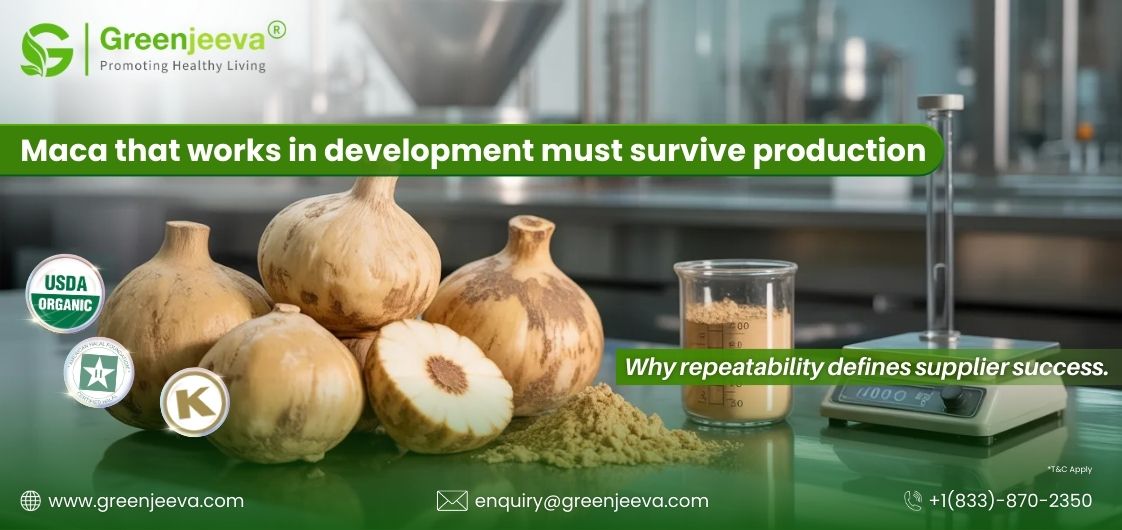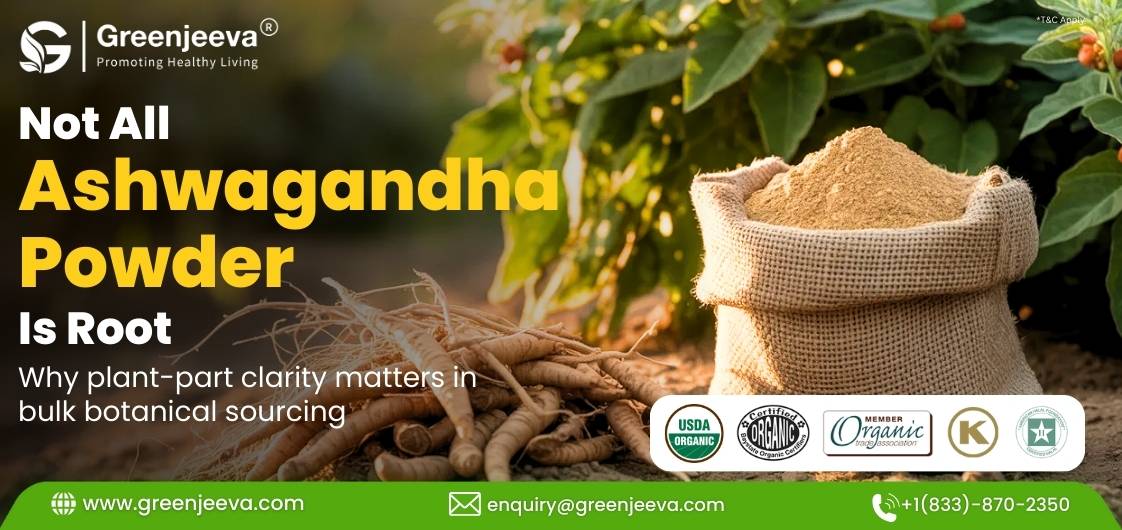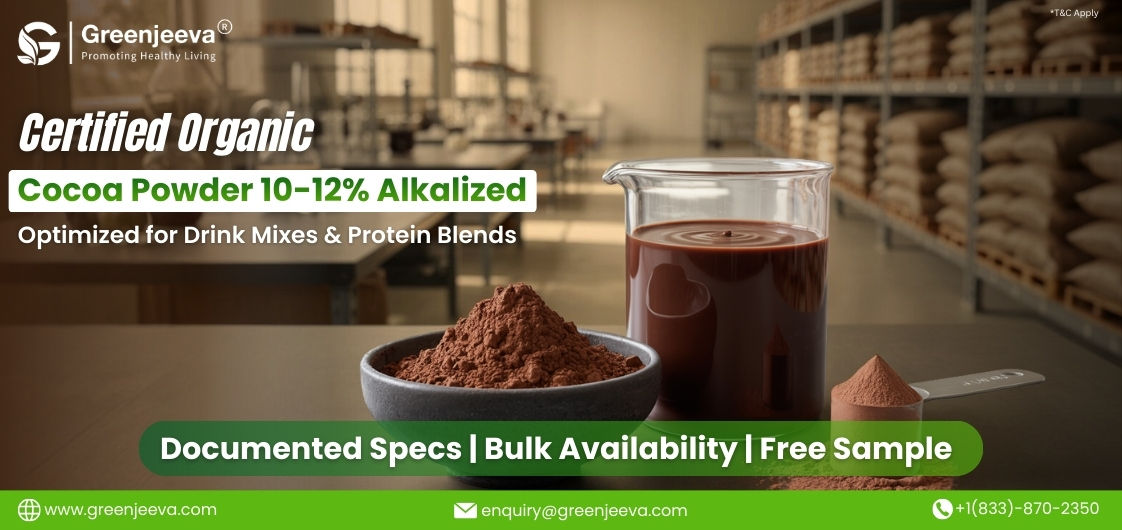Lemon Balm: Nutrient content, Uses, And Interesting Facts

Overview
Lemon balm is an aromatic herb that belongs to the mint family. When the leaves are pressed, they release a refreshing lemon fragrance along with a mild, sweet citrus flavor. Lemon balm is widely cultivated in the United States and Europe and is valued for its exceptional antioxidant properties. Because of this, it has been used in both ancient and modern wellness practices.
Along with its traditional herbal uses, lemon balm is often incorporated into functional nutrition routines. Many health-focused consumers who already use clean ingredients like organic whey protein in their daily diet also explore botanical powders such as lemon balm for flavor enhancement and plant-based nutritional support. Lemon balm is commonly consumed in the form of teas, tinctures, capsules, and powdered blends.
Background
Lemon balm is believed to be native to North Africa and the Middle East. Over time, it spread across Europe and later reached America around the 1700s. In ancient Greek culture, lemon balm held significant importance, as beehives were often grown near the herb. Its scientific name, Melissa officinalis, comes from the Greek word for honey bee.
This bushy perennial plant is harvested two to three times per growing season and produces small, pale yellow flowers. Historically, lemon balm tea was consumed for its soothing properties, much like how protein-rich ingredients such as bulk whey protein powder are now used to support modern nutrition and formulation needs.
Nutrition Information
Lemon balm leaves have low cholesterol or fat content. They are known to have enormous amount of antioxidants. Flavonoids and phytochemicals like phenolic acids, rosmarinic acid, caffeic acid, and terpenes boost the antioxidant power. Along with all these elements, it includes higher level of Thiamin and Vitamin C. In 100 grams of lemon balm, there is around 33% protein, 25% carbs, and 48 calories. It does not have gluten, sugar, or lactose.
Uses of Lemon Balm
Today, lemon balm is used in salads, smoothies, sauces, syrups, etc. The powdered lemon balm benefits in adding a mild flavor and aroma to seafood, vegetables, honey, and squash. Creams prepared with lemon balm are used in many parts of Europe. The extracts, capsules, oils and teas of lemon balm have higher demand in present times. It is also used to make a citrusy taste honey that has mint undertones.
Amazing Facts About Lemon Balm
Lemon balm herb grows in clusters and reaches around 2 feet in height.
- The leaves are wrinkled and have either a dark green or yellowish green color.
- In medieval times, the herb was used to transfer messages between people as its calming effect represented sympathy.
- Lemon balm grows in well-drained soil under partial shade or full sunlight.
- Like mint, lemon balm is also invasive and spreads quickly.
- It is a garden herb and can be grown from cuttings or seeds.
- People use lemon balm in chicken salads, vegetables, and fish dishes. It is also included in many juices and healthy recipes.
The pharmaceutical industry is inclining towards the usage of this medicinal herb due to the high antioxidant content. Its fragrance, tart flavor, rich nutrients has increased demand in food and beverage, cosmetics, and furniture polish manufacturing companies.
If you are looking for Lemon Balm Powder in bulk quantities, you can place your order now on Green Jeeva at affordable prices.
Disclaimer:
The above statements are not intended to cure any disease or comply with any health benefits. This is solely for information purposes. Please consult your doctor/health practitioner before consumption of the product. Although we take efforts to keep our website informative, we do not guarantee any medical benefits.






